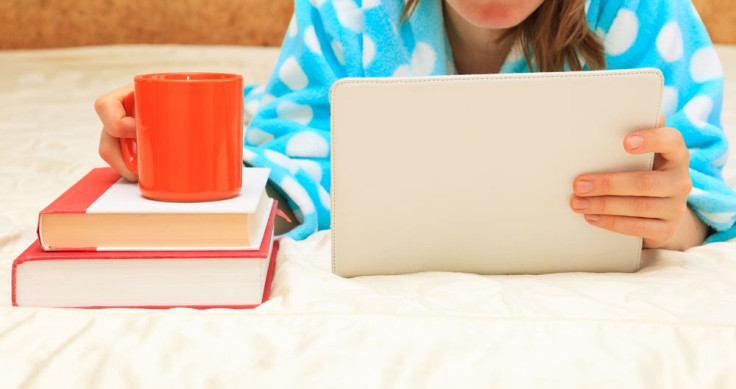Have Trouble Sleeping? Counting Sheep Coffee Helps You Fall Asleep By Mixing Decaf With Herbs

Between 2 p.m. and 3 p.m. is when experts recommend coffee drinkers get their last hit of caffeine for the sake of their sleep. As reported by the National Sleep Foundation, caffeine persists for several hours once it’s in the body, and it can take about six hours for only a half of it to be eliminated. Enter Deland Jessop.
In 2013, Time reported that Jessop founded Counting Sheep Coffee after his wife complained she couldn’t enjoy the drink after 3 p.m. He experimented with sleep-inducing herbs and supplements in his own home before coming across the plant (and herbal sedative) valerian. Outside of coffee, valerian has been used to ease insomnia, anxiety, nervous restlessness, and stomach cramps.
The University of Maryland Medical Center cited research that found “valerian was no more effective than placebo for 14 days, but by 28 days valerian greatly improved sleep for those who were taking it.” Researchers speculated this was the case because it takes valerian a few weeks to take effect. Other studies have shown valerian is more effective than placebo almost immediately, and one study analysis wasn’t convinced valerian works to treat insomnia.
Since valerian also has a strong, sharp smell, it’s usually mixed with other herbs, like hops and lemon balm. Jessop decided to mask the smell with decaffeinated coffee, “thus sleep coffee was born.” Now, coffee drinkers can choose from Bedtime Blend/40 winks, the original sleep coffee, or Lights Out!, which makes for a stronger cup. Each is made from a blend of Swiss Water decaf coffee and organic valerian root; the stronger coffee packs more valerian and a bolder taste.
“Instead of a glass of wine, we’ll brew up a cup of coffee instead,” Jessop said.
But is it safe for consumption? Jessop said valerian is approved for use in food by the Food and Drug Administration, emphasizing this product is a food product, not drug product. And Stephen Bent, an associate professor at the University of California San Francisco, told Time there’s little-known side effects apart from drowsiness. “In the studies that have been done, it’s been show to be safe,” he said.
There are, however, some disclaimers on the company's website. For one, since this is a food product, it is not intended to treat sleeping disorders. Additionally, people react differently to valerian, "depending how sensitive they are to it." Still, the company has found most people report a cup of coffee before bed is enjoyable and gives them no problems sleeping.
Published by Medicaldaily.com



























